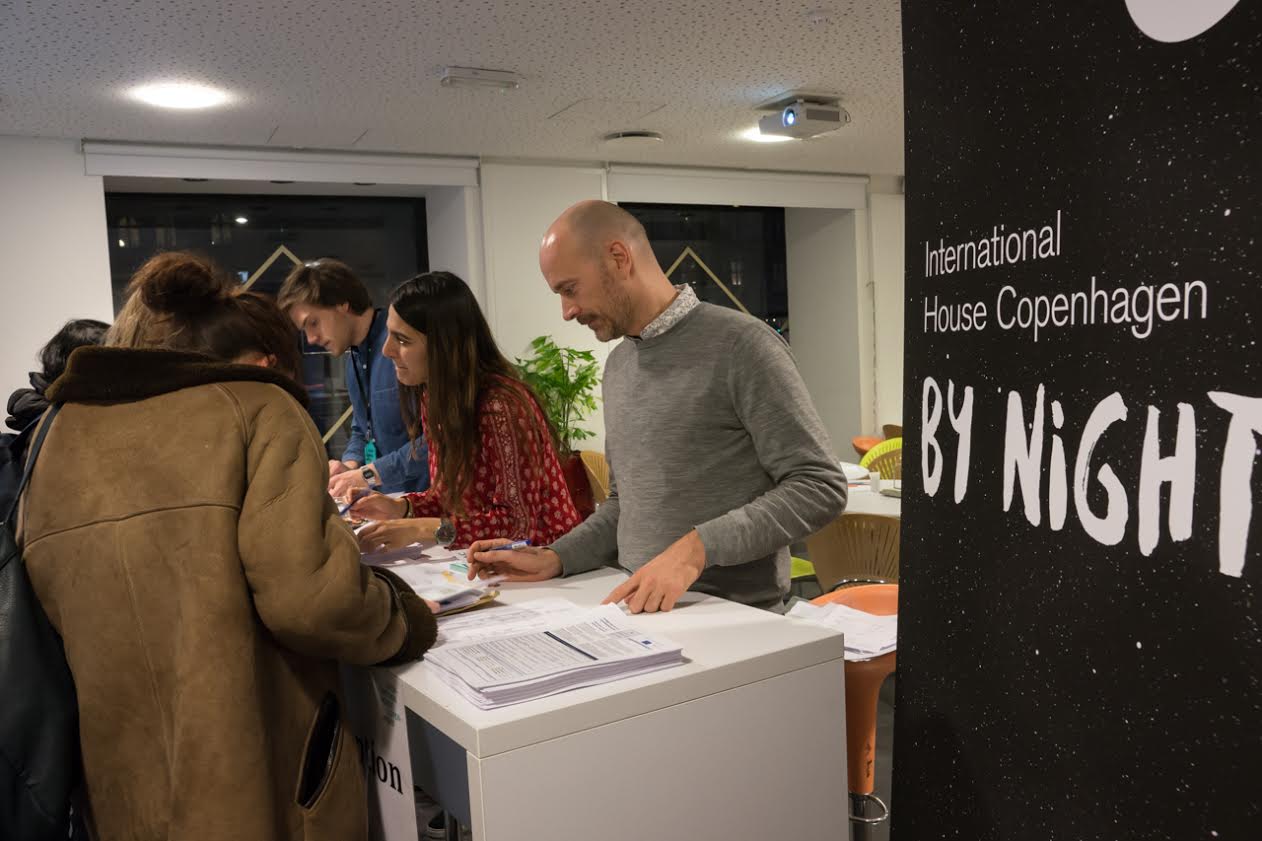Everybody has a story about the day they finally got their CPR number – the national insurance number that enables new arrivals to work in Denmark – that makes a typical Jack Bauer outing look like a lazy 24 hours in a Swedish forest.
Cycling all over the city, juggling several languages, waiting for hours, changing horses mid-stream – a Catch 22 ensured you could only get a CPR number with a job, but that you could only get a job with a CPR number.
Online from June 1
But the Dark Ages are over! From June 1, internationals will be able to apply for a CPR number online and forego the agony of undertaking the process in person.
Granted, the opening of International House Copenhagen (IHC) in 2013 did at least mean that everything could be done under one roof – as well as other relocation issues, job searches and networking – but it was still a taxing and time-consuming process.
A new age
An estimated 26,000 internationals obtained a CPR number last year,
often creating bottlenecks of furious activity at the Gyldenløvesgade location, and
Thomas Jakobsen,the head of culture and leisure, at IHC, is confident
that the change will make the process “simple and smooth as possible” –
and, perhaps crucially, achievable from overseas.
“Now, international citizens can make the application when and where it suits them and simply book a time to retrieve the CPR number,” he enthused, and his enthusiasm was shared by Michèle Bramstoft, the administrative director at Copenhagen Relocations.
“Greater Copenhagen does a great job at attracting, receiving and retaining talents from abroad,” she said.
“The new digitisation of the CPR registration process will help to guarantee international citizens a good experience from the moment they arrive. This kind of efficiency is beneficial for both expats and the authorities, and it should be a model for other European cities.”
Find out more here.















